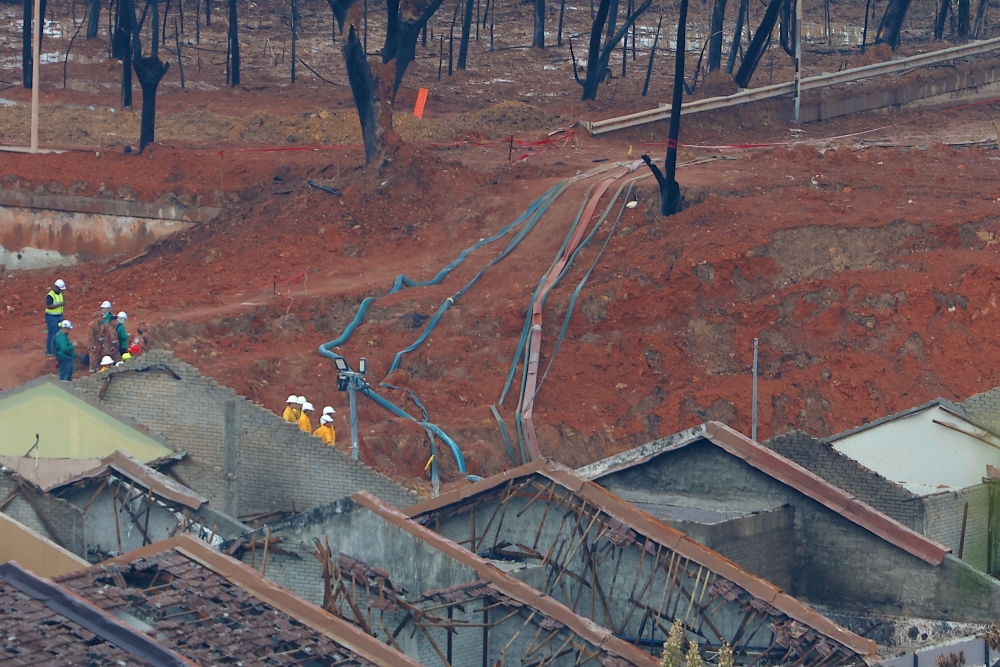It should surprise no one in the Greater Toronto Area (GTA) that housing affordability is a major issue in Canada’s federal election, with both Liberal and Conservative parties offering their proposals to fix the problem. While both parties’ platforms are steps in the right direction, the specific needs of the GTA and Canada’s other major urban centres should be paramount. By addressing approval delays, reducing municipal fees, and focusing on construction of homes, Unique conditions sets the GTA apart from other regions when it comes to housing.
Nearly 20 per cent of all Canadians live in the GTA and its surrounding area and it is the economic and industrial engine of the country. Because of that, housing demand in the region high — particularly among new Canadians. Through a mixture of geography and policy, land supply is also constrained which drives up the price of homes.

Add to that municipal intensification policies that encourage building up versus building out — both with cost implications. The deal would be conditional on developers providing a percentage of lower priced homes. Lastly, the region has the highest level of municipal fees and charges in Canada and, due to high property values, also the highest levels of sales taxes in dollar terms by the Federal and Provincial governments.
As a result, the housing market in the GTA remains one of the most expensive in the country, with benchmark prices for a new condo sitting at $1,020,000 and a single-family home at $1.53 million as of February 2025. In responding to the housing crisis, both the Liberal and Conservative parties have put forward election-related housing announcements designed to ease the financial burden on homebuyers.
In both, two key parts are particularly notable because they have the potential for the greatest impact in the shortest term: eliminating some of the federal GST portion of the HST on new homes and encouraging municipalities to reduce fees and charges, like development charges (DCs). The Liberal party proposes eliminating the GST on new homes for first-time buyers purchasing properties under $1 million, and cutting municipal DCs by half for five years by helping cities make up that lost revenue. The Conservative party, prior to the election, pledged a more robust GST exemption, proposing elimination of sales tax on all new homes under $1.
3 million, and pledging to incentivize municipalities to reduce housing taxes, like DCs and parkland charges. These two approaches would bepositive steps, but both set price thresholds for sales tax exemptions that would include housing choices in every region of Canada — except the GTA and BC’s lower mainland. In these two areas, price thresholdsonly apply to a much smaller subset of housing options.
In addition, the Liberal provision to apply the exemption to only first-time buyers, as opposed to all new home buyers, further restricts the benefit, as fewer than 20 per cent of new home buyers in the GTA are first-time buyers. We recommend that any policy resulting from either of these GST-related election announcements be implemented with two key revisions: First, ensure that the national taxation of new homes sets the sales tax exemption level to reflect the average cost of a new home in the highest cost jurisdiction. Despite lower interest rates, Ontario’s housing affordability and supply remain a problem, And second, make the sales tax exemption applicable to a dollar threshold of all new homes — for example, the first $1.
3 million of any new home would be tax exempt but any additional amount above this would attract GST. Both parties have also committed to slashing new-build municipal fees and charges to bring down the cost of housing for new homebuyers. These changes must be permanent, and in the case of Ontario, require a modernization of the outdated Development Charges Act.
While the latter is in the Ontario government’s realm, the federal government has an important role to play in supporting housing infrastructure through municipal support. To make positive changes stick, federal funds must be linked to tangible outcomes, including housing starts, lowered development charge levels (including removal of infrastructure projects that are being funded by higher levels of government to avoid double dipping), streamlined approval processes and overall red-tape reduction. The stakes could not be higher for GTA families, our communities, and our broader social fabric.
We recognize that housing has become a central focus in the election, as it is crucial to the well-being of our region. If we are to preserve economic vitality and ensure an equitable future, now is the time to act with policies that meet the unique needs of Canada’s economic hub..
Business

Campaign promises to action: Here's how federal parties can fix the GTA housing crisis

If we are to preserve economic vitality and ensure an equitable future, writes Dave Wilkes, now is the time to act with policies that respond to the housing needs of Canada’s economic engine.















